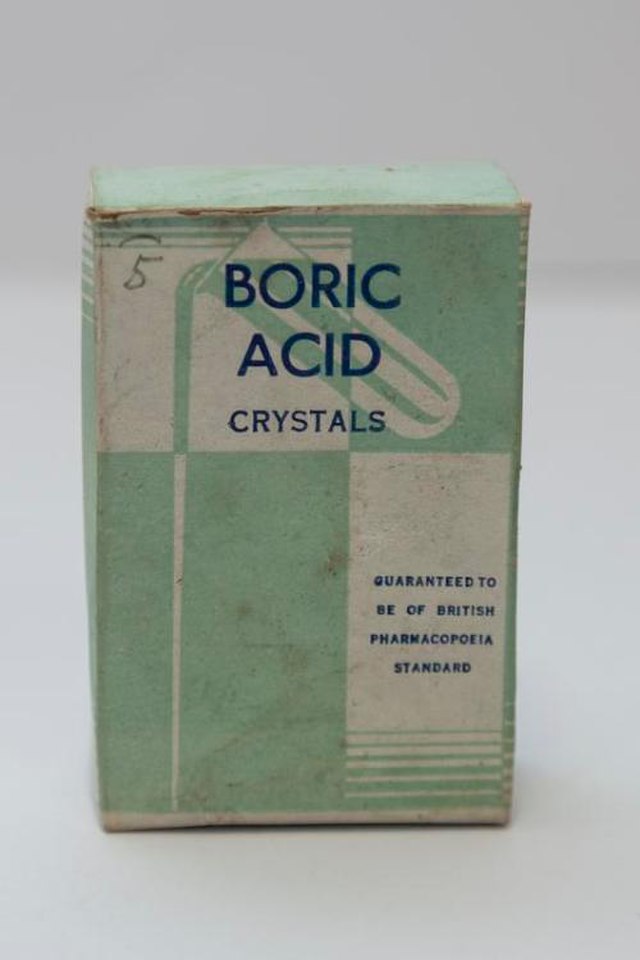Boric acid is often touted as a treatment for vaginal yeast infections due to its antifungal and antiseptic properties. However, there are several reasons why boric acid may not always be effective in treating these infections:
1. Resistance and Strain Variability
Candida species can vary significantly, and not all strains respond equally to boric acid treatment. While Candida albicans is the most common cause of yeast infections and is generally susceptible to boric acid, other strains like Candida glabrata and Candida krusei can be more resistant. These non-albicans strains may not respond well to boric acid, making the treatment less effective.
2. Severity of Infection
Boric acid is typically used for mild to moderate yeast infections. Severe infections, especially those that have become chronic or recurrent, may require stronger antifungal medications. In such cases, boric acid alone may not be sufficient to eradicate the infection.
3. Improper Use
For boric acid to be effective, it must be used correctly. This usually involves inserting boric acid capsules into the vagina, often for a period of 7-14 days. Incomplete or inconsistent treatment can lead to inadequate results. Additionally, using boric acid in concentrations that are too low may not effectively treat the infection.
4. Underlying Conditions
Certain underlying health conditions, such as diabetes or immune system disorders, can make it more difficult to treat yeast infections. In such cases, boric acid may not be effective unless the underlying condition is also managed.
5. Side Effects and Irritation
While boric acid is generally safe for vaginal use, it can cause irritation and discomfort in some individuals. This can lead to discontinuation of the treatment before the infection is fully resolved. If irritation occurs, it may also exacerbate symptoms, making it seem as though the infection is worsening.
6. Incomplete Treatment of Mixed Infections
Yeast infections are sometimes accompanied by bacterial infections (bacterial vaginosis). Boric acid is not effective against bacterial infections, so if a mixed infection is present, treating only the yeast component with boric acid may not result in full symptom relief.
Conclusion
While boric acid can be an effective treatment for many cases of vaginal yeast infections, its efficacy can be limited by factors such as strain variability, severity of infection, improper use, underlying health conditions, side effects, and the presence of mixed infections. For these reasons, it is important to consult a healthcare provider for an accurate diagnosis and appropriate treatment plan, particularly in cases of recurrent or severe infections.
